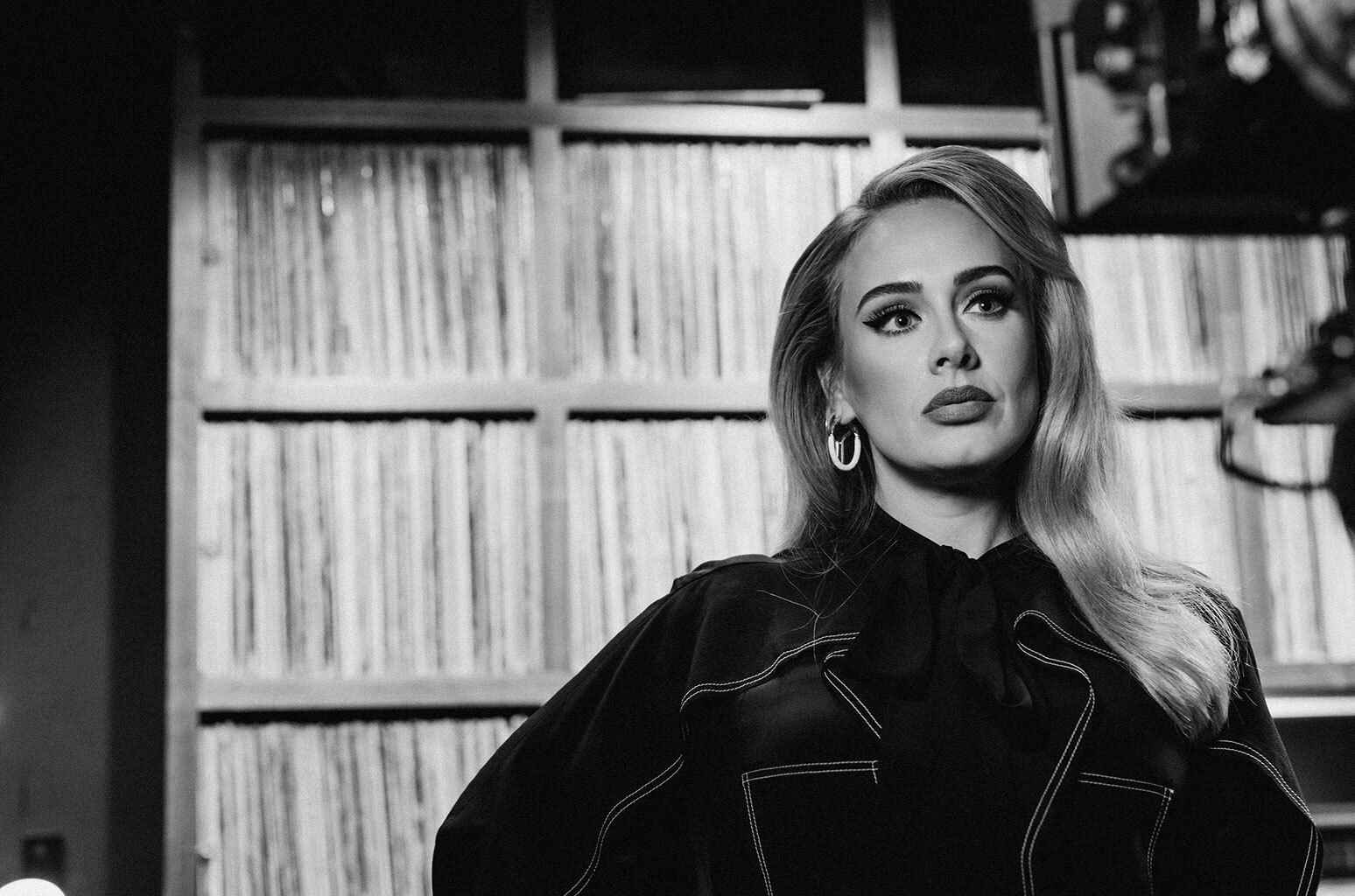Adele is back to unveil everything on "30"

The past five years have proven tumultuous for R&B singer Adele, as her latest album’s primary focus is on her recent divorce with ex-husband Simon Konecki. Despite the subject matter, she reflects less on her past lover and indulges more on the transformations which have taken place within herself.
Once the album was released, Adele requested Spotify remove the “shuffle” button as default when listening to artists’ music.
“This was the only request I had in our ever changing industry!” she tweeted on November 20. “We don’t create albums with so much care and thought into our track listing for no reason. Our art tells a story and our stories should be listened to as we intended.”
From the first track to the last, Adele evolves both sonically and lyrically. Her opening track introduces a sweeping and enchanting 1940s-style string movement, utilizing her powerful voice for a haunting delivery, especially when dragging out the song’s titular phrase, “Strangers by Nature.” At the end of the track, Adele is heard saying, “Okay, I’m ready.”
Throughout the album, Adele uses this new technique of spoken recordings, most notably on “My Little Love.” On this track, Adele attempts to translate her pain for her nine-year-old, inserting raw bits of conversation like: “Mummy’s been having a lot of big feelings recently” and showing the playfulness in their relationship when he asks, “At all?” and she repeats the words back to him. Adele sheds her walls and reveals the most vulnerable parts of herself in a way the singer has never done before. Whereas a majority of her previous songs revolve around the emotions of heartbreak, these new songs show her rising up and building herself back up again after experiencing those feelings.
In “Cry Your Heart Out,” Adele croons about her loneliness contrasting an upbeat tune. She questions in the chorus, “When will I begin to feel like me again?” “Oh My God” follows in a similar vein, experimenting with a jazzy and booming sound. With the exception of “Easy On Me,” the first half of her album harps on a different style than one would expect to hear on an album centered around divorce.
The switch occurs at “I Drink Wine,” when the leading piano chords set the stage for a slower, ballad-infused second half. Here, the listener begins to realize that Adele’s healing includes also being at war with herself. She sings, “So I hope I learn to get over myself” and “You better believe I’m trying” to demonstrate her struggles.
As she nears the end, the album turns into a love letter to herself, pushing her forward. In “To Be Loved,” Adele articulates the simple desire of being loved and the lengths she went to try and accomplish this. “Hold On” is laced with affirmations, and “Love is a Game” faces ugly truths. The last three songs are all six minutes in length or slightly longer, but require that space to convey Adele’s emotions in all of their glory. Her final lyrics on “Love is a Game” wrap up the album nicely, as she notes, “I can love me / I can love again / I love me now like I loved him…I’d do it all again, like I did it.”